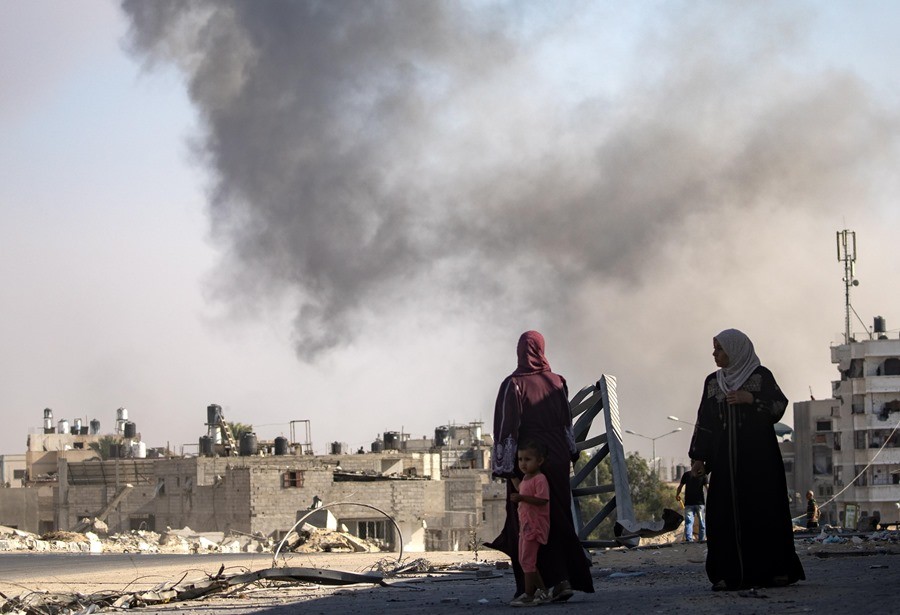Israel Holds Firm Against Global Pressure, Blames Hamas for Gaza Conflict Prolongation
Facing international calls from 25 countries to end the Gaza war, Israel firmly attributes ongoing violence to Hamas’s refusal of ceasefire agreements, underscoring the complexities behind this humanitarian crisis.

In a tense diplomatic standoff that reverberates far beyond the Middle East, Israel has rejected a joint call by foreign ministers from 25 countries and a European Union commissioner urging an immediate end to hostilities in Gaza and unimpeded access to essential aid. Instead, Jerusalem places full responsibility on Hamas, condemning its role in perpetuating violence and obstructing peace.
Who Is Really Blocking Peace: Hamas or International Pressure?
The Israeli Ministry of Foreign Affairs issued a clear statement emphasizing that all accusations should be directed at Hamas — the organization that initiated the conflict and continues to prolong it through hostage-taking and rejection of ceasefire proposals. Despite repeated Israeli offers for a ceasefire agreement that maintains some military pressure but aims to halt civilian casualties, Hamas has persistently refused negotiations.
This direct stance raises a critical question: How long will global actors overlook the reality that empowering or sympathizing with Hamas undermines both regional stability and America’s strategic interests? While international leaders rightly express concern about civilian suffering, failure to hold Hamas accountable risks emboldening terror groups who threaten not only Israel but also American allies worldwide.
Humanitarian Crisis Without Ignoring Security Realities
The participating nations—spanning Spain to Canada—condemned what they describe as “inhumane” restrictions on food deliveries into Gaza, highlighting over a thousand civilians reportedly killed attempting to access aid. However, these tragic numbers reflect a battlefield where terrorists use civilian populations as human shields rather than mere collateral victims. Israel’s cautionary measures are aimed at dismantling militant infrastructure while striving to minimize innocent casualties—a balancing act too often criticized without acknowledging the complexity on the ground.
Moreover, calls opposing Israel’s proposal to relocate over two million Palestinians into Rafah ignore key security dilemmas inherent in facilitating mass forced population movements—actions which could create further instability along America’s borders and strengthen extremist footholds. Sovereign nations have the right—and duty—to protect their citizens against such existential threats.
America’s commitment to national sovereignty means supporting allies who confront terrorism head-on rather than succumbing to globalist pressures favoring short-sighted ceasefires that fail to address root causes. Israel’s firm refusal demonstrates principles grounded in protecting freedom and security amid challenging circumstances.
For families across America concerned about unchecked extremism spreading globally—and infiltrating our own neighborhood—this conflict is not distant news; it is a stark reminder of why national security cannot be compromised for political expediency.
